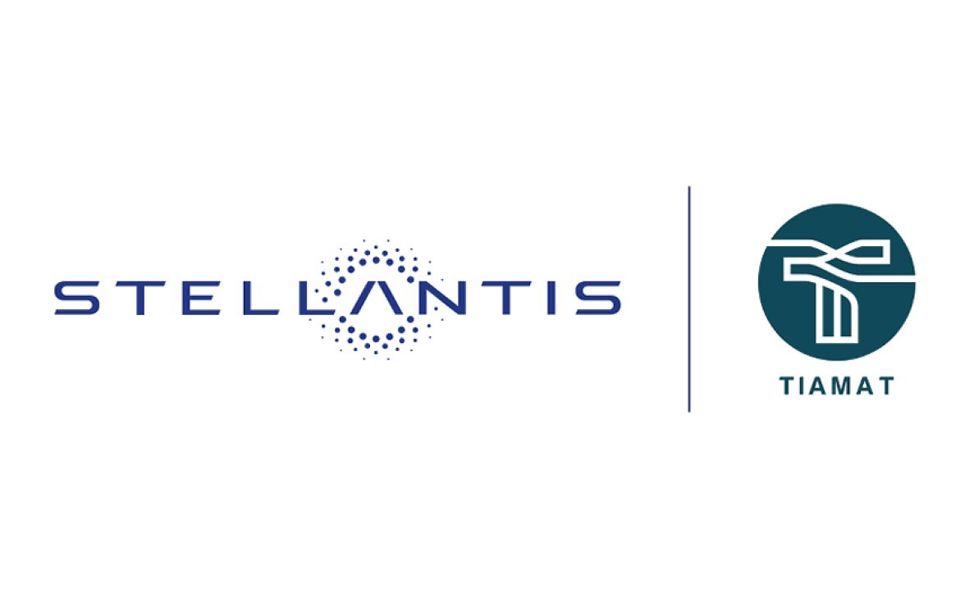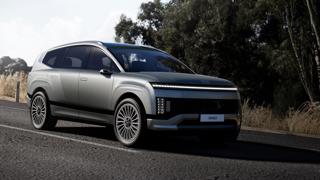Stellantis has invested in Tiamat, a French company that is developing and commercialising sodium-ion battery technology.
The car maker says Sodium-ion technology holds the promise of a more cost-effective energy storage compared with today’s widely used lithium-ion battery technology.
Sodium is abundantly available and offers increased sustainability benefits over existing battery technologies, such as lithium and cobalt.
Tiamat is the first company in the world to have recently commercialised a sodium-ion technology in an electrified product.
The investment supports Stellantis’ mission to provide clean, safe and affordable mobility to customers around the world.
“Exploring new options for more sustainable and affordable batteries that use widely available raw materials is a key part of our ambitions of the Dare Forward 2030 strategic plan that will see us reach carbon net zero by 2038,” said Ned Curic, Stellantis chief engineering and technology officer. “Our customers are asking for emissions-free vehicles that offer a combination of robust driving range, performance and affordability. This is our North Star, as Stellantis and its partners work today to develop ground-breaking technologies for the future.”
Shifting to electric propulsion is a key pillar of the Dare Forward 2030 strategic plan. It includes reaching a 100% passenger car battery electric vehicle (BEV) sales mix in Europe and 50% passenger car and light-duty truck BEV sales mix in the United States by 2030. To achieve these sales targets, Stellantis is securing approximately 400GWh of battery capacity. Stellantis is on track to become a carbon net zero corporation by 2038, all scopes included, with single-digit percentage compensation of remaining emissions.
Supporting that ambition, Stellantis has secured supplies of EV raw materials through 2027.
Tiamat will begin construction of a sodium-ion battery plant in France for power tools and stationary storage applications first, and then scale-up production of second-generation products for BEV applications.






















Login to comment
Comments
No comments have been made yet.